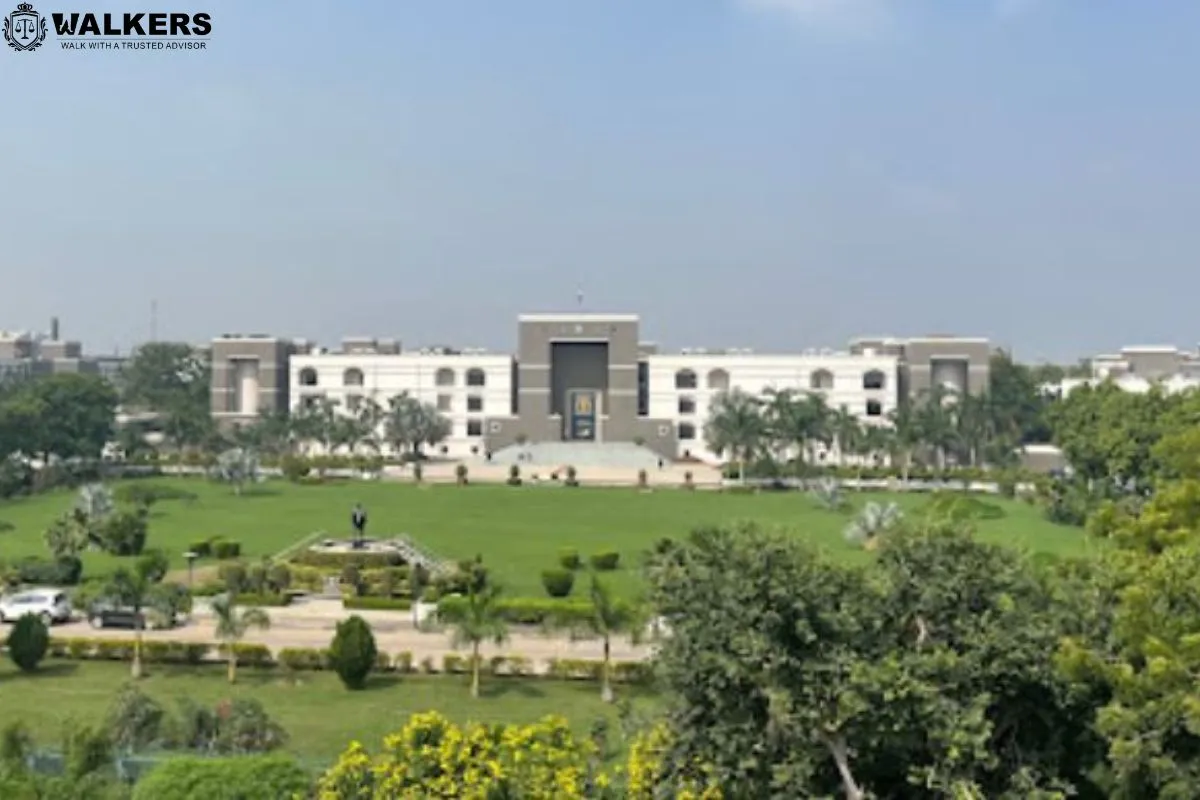


I understand that you would like me to provide an alternative version of the paragraph. Here's a rephrased version:
In a recent development, a sessions court in Halol, Gujarat acquitted 35 individuals in the 2002 post-Godhra riots case. The court attributed the prolonged trial faced by "prominent Hindus" in the case, State of Gujarat vs Mahesh Dinubhai Valand, to what it referred to as the influence of certain media outlets, politicians, and witnesses from the Muslim community, whom it described as "pseudo-secular." Judge Harsh Trivedi, presiding over the case, alleged that the pseudo-secular media and organizations exerted pressure on the police to arrest these individuals.
The court emphasized that the riots that occurred in Gujarat were not premeditated but rather an outburst of spontaneous violence. Judge Trivedi expressed that the peace-loving Gujarati people were deeply shocked and anguished by the incident. According to the judge's order, the pseudo-secular media and politicians exacerbated the anguish of the affected people, particularly highlighting the extensive communal rioting that reportedly engulfed 16 out of Gujarat's 24 districts following the Godhra train carnage.
Furthermore, the court found that the police unnecessarily implicated the accused in the case, including individuals from various respected professions within the Hindu community, such as doctors, professors, teachers, businessmen, and panchayat officials. The court attributed this to the uproar created by the pseudo-secular media and organizations, which led to an extended trial period for the accused.
The case under consideration pertained to communal violence in the Halol area of Godhra district, where numerous Hindu mobs allegedly attacked and vandalized the residences, shops, and properties of Muslims. The judge acknowledged that communal violence has been a persistent issue in India, often stemming from trivial disputes, intolerance, religious artifact manipulation, festival intrusions, conflicting prayer times, disputes over places of worship, intermarriage, desecration of holy sites, rumors of sexual offenses, issues of encroachments, or the presence of anti-India agents.
The judge concluded that the prosecutor had been influenced by certain community-led NGOs, leading to an unnecessary prolongation of the case through the calling of numerous witnesses. The court found that almost all the witnesses, particularly those from the Muslim community who claimed to be victims of the communal violence, provided highly divergent versions of the events, rendering their testimonies wholly unreliable.
The judge also highlighted the challenges faced in communal riot cases, where a large number of individuals are typically involved, and the evidence often carries a partisan bias. The court stressed the potential for innocent individuals to be falsely implicated alongside the guilty due to the tendency of parties to falsely implicate their adversaries. The judge further noted that the investigation of the case was delayed due to repeated written allegations made by individuals from the Muslim community.
The court ultimately acquitted the 35 accused persons, noting the prosecution's failure to establish the recovery and seizure of weapons from the defendants through independent witnesses. The court found no direct evidence linking the five accused individuals to the alleged offense. It also mentioned the damages suffered by members of both communities and injuries sustained by police personnel during the riots, indicating the absence of certainty regarding the presence of at least five persons sharing a common unlawful objective.
During the proceedings, the State was represented by Additional Public Prosecutor RD Shukla, while the accused were represented by Advocates GG Solanki and VS Pathak.
Click Here to: Download/View Related File
TAGS: 2002 post-Godhra riots Halol Gujarat sessions court acquitted pseudo-secular media politicians witnesses Muslim community prominent Hindus prolonged trial peace-loving Gujarati people pseudo-secular organizations spontaneous riots Godhra Train Carnage communal violence fanatic Hindu mobs damaged residences shops properties Gujarat's 24 Districts communal riots in India trifle dispute intolerance manipulation of religious artifacts festival intrusions conflicting prayer time dispute over places of worship intermarriage desecration of holy places sexual offenses rumors issue of encroachments presence of anti-India agents partisan character of evidence false implication of innocent persons prosecution witness Muslim witnesses divergent versions investigation delay recovery and seizure of weapons absence of direct evidence communal riot challenges independent witnesses acquitted persons Additional Public Prosecutor RD Shukla Advocates GG Solanki VS Pathak.